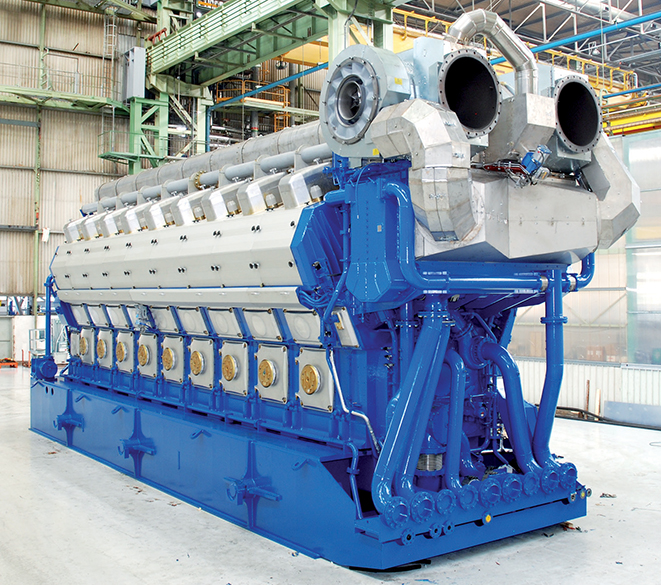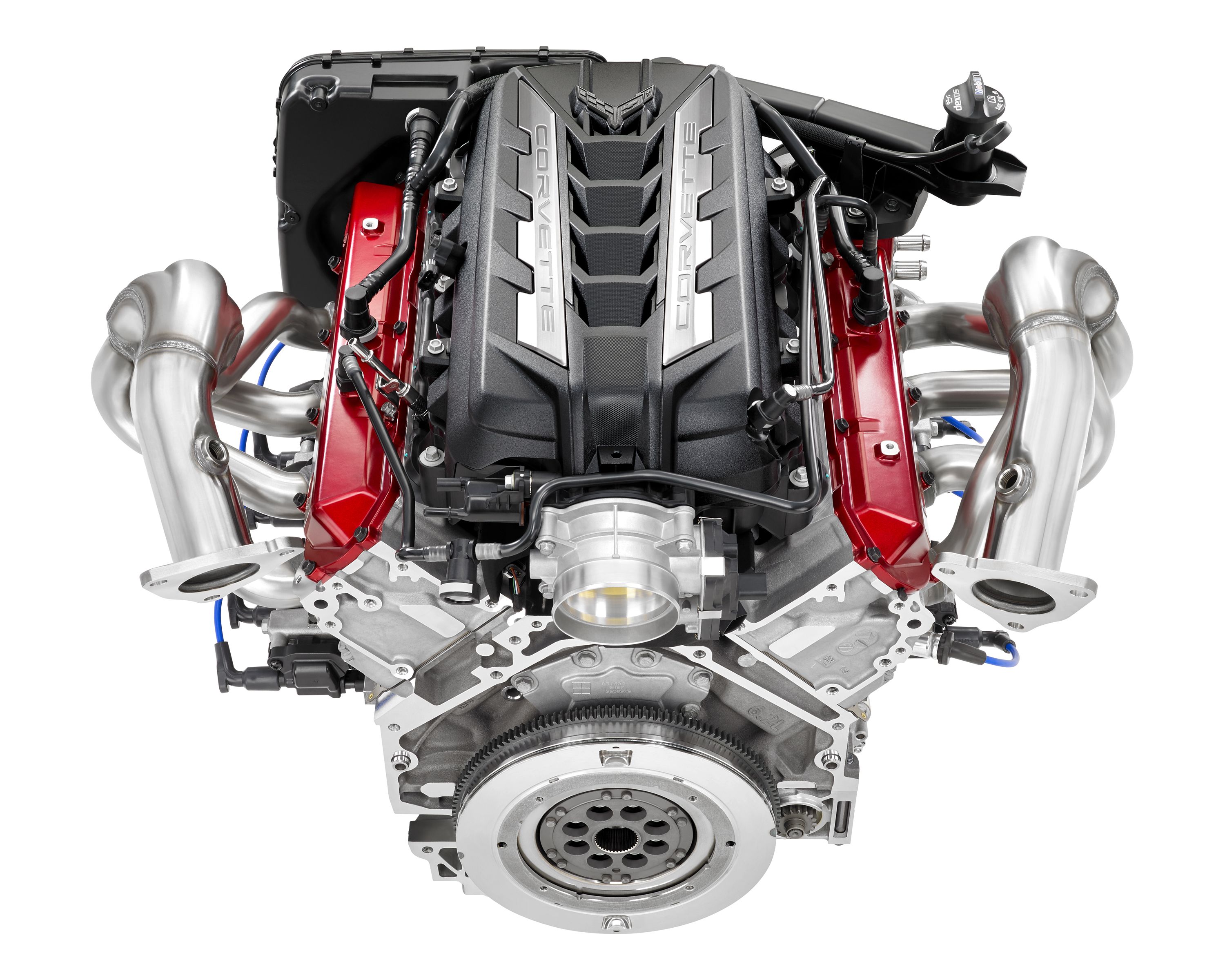Explore a Variety of Engines for each Automobile and Purpose
The automotive landscape is significantly complicated, with a diverse selection of engine types designed to satisfy specific efficiency and efficiency demands across various lorry classifications. Additionally, heavy-duty engines offer the needs of job vehicles, while environmentally friendly choices are getting traction in the quest of lasting transportation.
Types of Automotive Engines
Automotive engines can be classified into a number of distinct types, each designed to satisfy details efficiency and effectiveness needs. The most common categories include inner combustion engines, electrical engines, and hybrid systems.

Electric engines, on the various other hand, operate electric power stored in batteries, giving instant torque and absolutely no discharges. These engines are ending up being increasingly prominent due to improvements in battery technology and the expanding emphasis on sustainability.
Hybrid systems integrate both internal burning and electrical engines, enabling automobiles to optimize gas efficiency and reduce exhausts by perfectly switching over in between source of power. Each engine kind presents its benefits and disadvantages, influencing variables such as vehicle style, meant usage, and market demand. Understanding these differences is critical for consumers and makers alike when picking the ideal engine for their specific demands.
Performance Engines for Sports Cars
Performance engines for sports cars are specifically crafted to deliver improved power, speed, and agility, establishing them apart from basic automobile engines. These engines typically utilize advanced innovations such as turbocharging, supercharging, and variable valve timing to make best use of effectiveness and responsiveness.
Typically, performance engines are made with higher compression ratios, which enable better power extraction from gas. This causes excellent horsepower and torque numbers, enabling quick velocity and higher full throttle. In addition, the light-weight materials used in these engines, such as light weight aluminum and carbon fiber, add to decreased general car weight, enhancing handling and ability to move.
Engine configurations like V6, V8, and also hybrid systems prevail in performance sporting activities autos, each offering unique advantages in terms of power distribution and driving dynamics. The tuning of these engines is also essential; many manufacturers optimize the engine monitoring systems to offer an exciting driving experience, often including sport settings that adjust throttle feedback and equipment shifts.
Effective Engines for Daily Commuters
In the world of everyday travelling, reliable engines play an essential function in optimizing fuel economy and lessening discharges while offering trusted efficiency. As city populations grow and ecological problems increase, the demand for cars furnished with effective powertrains has risen.
Modern engines designed for daily commuters often incorporate innovations such as turbocharging, straight gas shot, and hybrid systems. Turbocharging boosts engine efficiency by requiring more air right into the burning chamber, enabling smaller sized, lighter engines that do not compromise power outcome. Straight gas shot boosts gas atomization, leading to better combustion and enhanced effectiveness.
Hybrid engines, integrating inner combustion with electrical power, further augment fuel economy, particularly in stop-and-go website traffic, where conventional engines can deal with ineffectiveness. Electric motors help throughout velocity and can operate separately at reduced rates, lowering total gas intake.
In addition, advancements in engine management systems and light-weight products add dramatically to reliable engine style. By concentrating on efficiency, longevity, and ecological sustainability, makers remain to deliver engines that not only fulfill the needs of daily travelling however additionally straighten with worldwide efforts to decrease carbon footprints.
Heavy-Duty Engines for Job Cars
Durable engines for job cars are routinely crafted to provide outstanding torque and integrity under demanding problems. These engines are created to do in atmospheres where conventional engines might fail, such as construction websites, logging operations, and farming setups. The primary emphasis of sturdy engines is their capability to generate high levels of power while preserving toughness over expanded durations of operation.
Generally, sturdy engines utilize advanced products and robust construction strategies to endure the roughness of heavy work. Functions such as reinforced cyndrical tube blocks, improved air conditioning systems, and advanced gas injection modern technologies add to their performance. These engines frequently operate at reduced RPMs, which aids to optimize fuel efficiency while offering the essential power for hauling and towing.
Along with mechanical robustness, durable engines are often equipped with sophisticated electronic control devices (ECUs) that manage efficiency, exhausts, and diagnostics. This assimilation permits better tracking and maintenance, making certain that work cars remain reliable and functional.
Inevitably, sturdy engines are a crucial component in the productivity of different markets, giving the necessary power and reliability to tackle the hardest of jobs.
Eco-Friendly Engine Options
The expanding focus on sustainability has actually led to the advancement of green engine choices that focus on reduced discharges and enhanced fuel effectiveness. These engines are made to lessen the environmental influence of lorries while still providing the performance and integrity anticipated by customers.
Among the most noteworthy environmentally friendly choices are electric and hybrid engines. Hybrid engines combine traditional inner burning engines with electric propulsion, permitting lowered gas consumption and lower greenhouse gas emissions. Electric engines, on the other hand, run completely on battery power, producing zero tailpipe emissions and adding to cleaner air high quality.
Another encouraging advancement is the development of biofuel engines, which make use of sustainable resources, such as plant products, to power cars (Engines For Africa). By utilizing biofuels, these engines can lower dependence on nonrenewable fuel sources review and reduced overall carbon impacts

As the automotive market develops, eco-friendly engine options will play a critical function in driving the change towards even more sustainable transportation options.
Final Thought
From high-performance engines that improve sports car capabilities to reliable models prioritizing gas economic climate for daily travelers, each type serves a certain function. Durable engines provide to robust work cars, while green choices, such as electric and biofuel engines, advertise sustainable transport.
